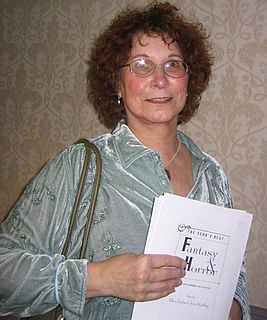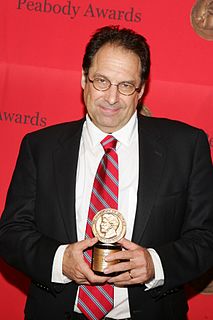A Quote by Joan D. Vinge
I was thinking about what I wanted to write next, after my first novel, and had decided that I wanted to write a story with a lot of strong female characters in it.
Related Quotes
I always was interested in prose. As a teenager, I published short stories. And I always wanted to write the long short story, I wanted to write a novel. Now that I have attained, shall I say, a respectable age, and have had experiences, I feel much more interested in prose, in the novel. I feel that in a novel, for example, you can get in toothbrushes and all the paraphernalia that one finds in dally life, and I find this more difficult in poetry.
I wanted to be a musician. I just wanted to be famous because I wanted to escape from what I felt was my limitation in life... And I wanted to write music, and I didn’t know what I was doing and I never had the technique or understanding of it... But I’ve always played the piano and I can improvise on the piano, but the problem is that I can’t write down what I write. I can read music but I can’t write numbers.
I just went into the studio and did it all in one take. All I was thinking about was the next record; I had already sourced the tracks I wanted to use. I'd been thinking a lot about it and I wanted to represent myself, Leeds and fabric. I'm not very nationalistic, but I wanted to represent what was coming out of Britain as well as at the moment there's a lot of really good new music.
The love story between the hero and the heroine has to be at the center of the book. I think that's pretty true in my books. I usually write a secondary love story, with maybe nontraditional characters. Sometimes I write older characters. I'm interested in female friendships, and family relationships. So I don't write the traditional romance, where you just have the hero and the heroine's love story. I like intertwining relationships.



































